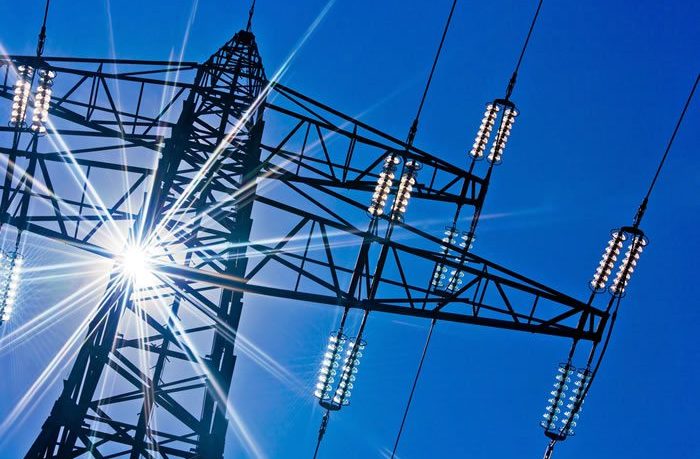- Eskom’s declining Electricity Available Factor (EAF) is cause for serious concern, says Association of Municipal Electricity Utilities (AMEU) strategic advisor Vally Padayachee.
The EAF is the percentage of maximum generation that Eskom is capable of supplying to the grid, constrained by planned and unplanned outages. It is thus time to declare an energy emergency to allow Eskom and municipalities to cut through red tape and get electrons onto the power grid as quickly as possible.
This is just one of 28 recommendations the AMEU advisor is suggesting as a way for South Africa to get itself out of the dark.
Padayachee says available data suggests that loadshedding is not going away as Eskom vacillates between stage 4 and 2, having hit stage 6 several times this month. The SA state utility has not discounted the possibility of hitting stage 8.
“Giving context to SA’s power crisis it’s our understanding that the burning platform or the case for change is that the current performance of SA’s power utilities (Eskom and municipal power utilities included) are seemingly and arguably fast accelerating downwards in a negative spiral and if not arrested and turned around as a matter of urgency the consequences for the end-use customer (let alone “SA Incorporated”) is going to be diabolical because these power utilities may not successfully execute on their respective service delivery mandates,” said Padayachee.
Grow generation onto the grid as quickly as possible
He believes the only way to arrest the downward spiral of Eskom’s generation performance is to get “tons of electrons” onto the national power grid. “Approximately 5,000 to 6,000MW of electrons sourced from both synchronous/dispatchable power and inverter power sources, mainly low carbon and renewables sources,” explained Padayachee.
He urged that a declaration of the power crises as national emergency be made and establishing a Power Crises/Emergency Committee chaired by the SA president needs to be the start of a new gameplan to address the problem.
An all-hands-on-deck rallying call for action should ask all South Africans to get involved in providing electrons for the grid and relevant stakeholders to commit to creating a conducive environment to enable this process. Padayachee also believes that all options should be put on the table and considered with the only proviso being that any solutions “should not negatively impact, constrain any long-term strategic decisions that may affect this sector going forward.”
Padayachee said the AMEU fully supports the National Planning Committee’s recommendations to increase the amount of energy onto the grid by instituting the following measures:
- Remove the 100MW ceiling for commercial and industrial businesses to procure self-generation because Eskom’s grid code and grid connection authorisation process is sufficient to regulate this growing market;
- Scrap NERSA registration processes that delay implementation of projects and replace them with an online registration procedure for database purposes;
- Streamline environmental and water use approvals to take advantage of the Renewable Energy Development Zone framework that allows for fast-tracking of approvals; and
- Temporary exempt the construction and commission of new generation and storage capacity from local content requirements.
AMEU recommendations
The AMEU also questions whether the current municipal service delivery model is working. It argues that the current model of municipal services deliver will not deliver its developmental goals, which were the original reason for creating local municipalities in their current structure post-1994.
In addition to declaring a national emergency and creating a Power Crises/Emergency Committee, the AMEU also spells out detailed recommendations in the document. Download AMEU’s South Africa’s Power Crisis Emergency Grand Plan HERE
Author: Theresa Smith
Theresa Smith is a conference producer for Vuka Group.
This article was originally published on ESI Africa and is republished with permission with minor editorial changes.
















